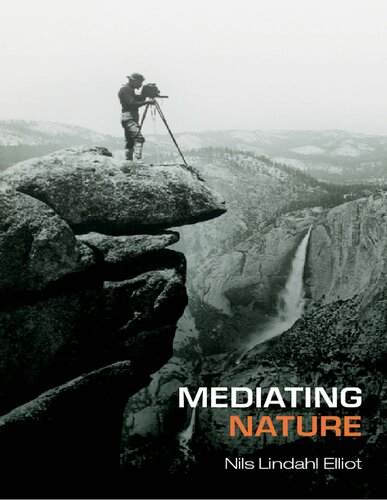

Most ebook files are in PDF format, so you can easily read them using various software such as Foxit Reader or directly on the Google Chrome browser.
Some ebook files are released by publishers in other formats such as .awz, .mobi, .epub, .fb2, etc. You may need to install specific software to read these formats on mobile/PC, such as Calibre.
Please read the tutorial at this link: https://ebookbell.com/faq
We offer FREE conversion to the popular formats you request; however, this may take some time. Therefore, right after payment, please email us, and we will try to provide the service as quickly as possible.
For some exceptional file formats or broken links (if any), please refrain from opening any disputes. Instead, email us first, and we will try to assist within a maximum of 6 hours.
EbookBell Team

0.0
0 reviews
Mediating Nature provides a history of the present nature of mass mediation. It examines the ways in which a number of discourses, technologies and institutions have historically shaped the current ways of imagining nature in the mass media. Where much of the existing research treats mass mediation as a matter of media technologies, texts, or institutions, this text adopts a somewhat different approach: it considers mass mediation as a historical process by means of which the members of audiences and indeed the public more generally came to be incorporated as observers in, and of mass culture. This approach allows the book to investigate the roles that a wide range of genres relating to nature played in constructing senses of nature but also of mass culture itself. The genres include landscape paintings and gardens, modern zoos, photography, early cinema, nature essays, disaster and ‘animal attack’ films, as well as wildlife documentaries on television. The investigation develops what Lindahl Elliot describes as a ‘social semeiotic’ approach that combines the semeiotic theory of Charles Peirce with a historical sociology of cultural formations.
Topical and timely, this fascinating book will be of great interest to students and researchers in the fields of media, sociology, cultural geography and environmental studies.